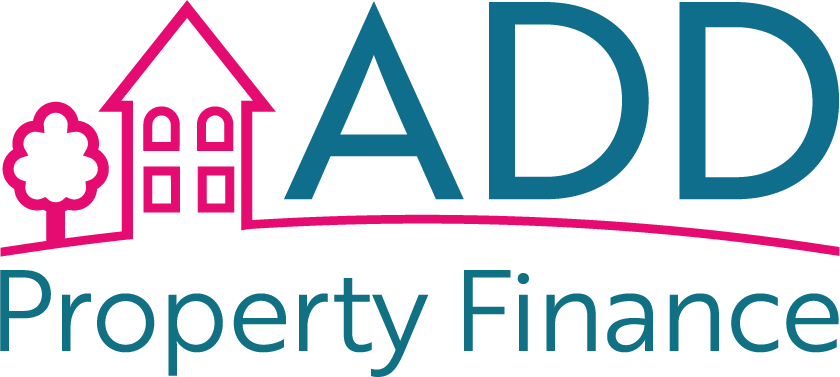The world of property development is exciting, filled with opportunities for growth and financial success. Yet, to turn your development dreams into reality, securing the right financing is paramount. Commercial mortgages are a common choice for property developers looking to fund their projects. However, the application process can be complex. In this article, we’ll provide you with valuable tips to help you navigate the commercial mortgage application process successfully.
1. Define Your Project Clearly
Before diving into the application process, it’s crucial to have a clear and comprehensive understanding of your development project. Outline your goals, budget, and timeline meticulously. Lenders will want to see a well-thought-out plan that demonstrates your ability to manage the project effectively.
2. Choose the Right Lender
Selecting the right lender is perhaps the most critical decision you’ll make during this process. Research different lenders and their offerings. Consider their experience with projects similar to yours, interest rates, loan terms, and any special requirements they may have. A mortgage adviser can be invaluable in helping you make this choice.
3. Assemble Detailed Documentation
Commercial mortgage lenders require extensive documentation to assess your eligibility. Be prepared to provide:
- Business Plan: Include a comprehensive business plan that outlines your project’s scope, timeline, and budget.
- Financial Statements: Prepare up-to-date financial statements for yourself and your business. This includes income statements, balance sheets, and cash flow projections.
- Credit History: Be ready to provide your personal and business credit history.
- Property Information: Detailed information about the property you intend to develop, including its location, appraisal, and existing condition.
- Legal Documents: Ensure all necessary legal documents, such as property titles and permits, are in order.
4. Financial Health Matters
Your financial health plays a crucial role in the application process. Lenders want to see that you have a strong financial standing and can manage your project effectively. This includes assessing your credit score, debt-to-income ratio, and liquidity. Keep your personal and business finances organized and in good order.
5. Understand the Loan-to-Value Ratio (LTV)
The LTV ratio is the proportion of your loan compared to the property’s appraised value. Lenders typically prefer lower LTV ratios as they represent less risk. Understand how this ratio impacts your loan approval chances and the terms you’ll receive. A lower LTV ratio often leads to better rates and conditions.
6. Communicate with Your Lender
Maintaining open and transparent communication with your lender is crucial. If you encounter any issues or delays during your project, let your lender know promptly. They may be willing to work with you to find solutions rather than facing unexpected problems later.
7. Be Prepared for Due Diligence
Lenders conduct thorough due diligence before approving a commercial mortgage. This can involve property inspections, background checks, and legal reviews. Be patient and responsive during this process to help ensure a smooth approval.
8. Work with a Mortgage Adviser
Navigating the commercial mortgage application process can be challenging, especially if you’re new to property development. Consider working with a mortgage adviser who specialises in commercial mortgages. They can guide you through the process, connect you with suitable lenders, and help you secure the best terms for your project.
Conclusion
Securing a commercial mortgage for your property development project is a significant step towards turning your vision into reality. By following these tips, you’ll be better prepared to navigate the application process successfully. Remember that careful planning, thorough documentation, and professional guidance can significantly improve your chances of obtaining the financing you need for your development endeavours.







